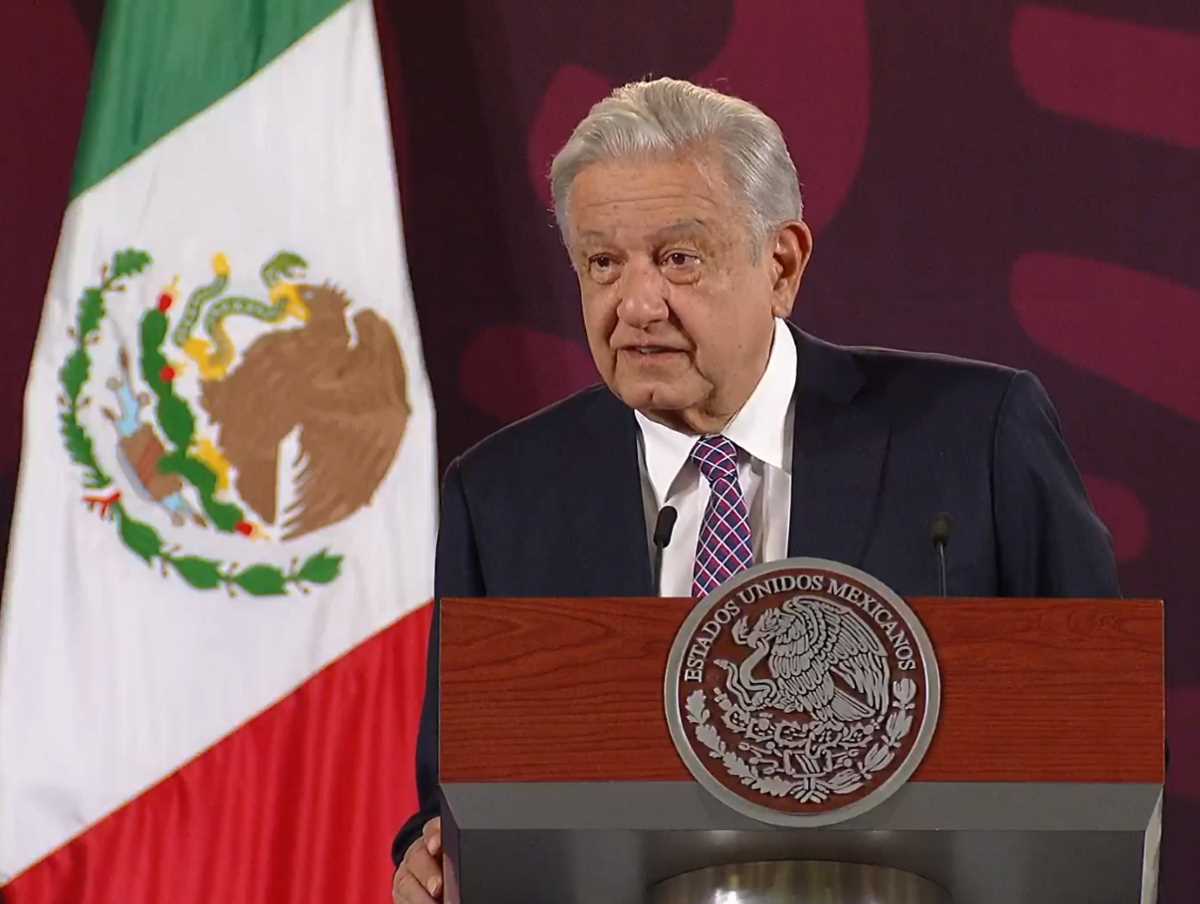AMLO's Stand Against the Hydra in Mexican Governance
AMLO's daily press conference is a mix of attacks on the media, conspiracy theories about online criticism, and self-praise. He paints himself as a crusader against corruption and a victim of shadowy forces. Amidst this, he touts economic success and offers historical anecdotes.

The sun has barely dipped above the stately spires of the National Palace in Mexico City, yet the day's political theater is already well underway. At 7:22 am sharp, President Andrés Manuel López Obrador, widely known as AMLO, steps to the podium to wage his daily war against the establishment.
With his characteristic mix of folksy charm and populist fervor, AMLO declares a 'crisis' in journalism. Mexico, he insists, yearns to transcend the shackles of a deceitful media. It is, he proclaims without a hint of irony, “a stellar moment in the public life of the country.”




